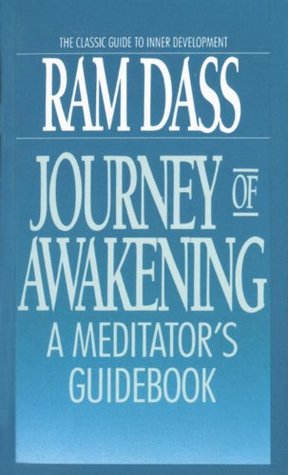More on this book
Kindle Notes & Highlights
When our skills fit the demand perfectly, then there is no anxiety. Then we have proved ourselves. There is nothing left to do. In that moment our awareness expands.
Why meditate? To live in the moment. To dwell in the harmony of things. To awaken.
Your ego is a set of thoughts that define your universe. It’s like a familiar room built of thoughts; you see the universe through its windows. You are secure in it, but to the extent that you are afraid to venture outside, it has become a prison. Your ego has you conned. You believe you need its specific thoughts to survive. The ego controls you through your fear of loss of identity. To give up these thoughts, it seems, would annihilate you, and so you cling to them.
First you need to know that you are infinitely more than the ego room by which you define yourself. Once you know this, you have the power to change the ego from prison to home base.
Meditation allows you to break this identification between awareness and the objects of awareness. Your awareness is different from both your thoughts and your senses. You can be free to put your awareness where you will, instead of it being grabbed, pushed, and pulled by each sense impression and thought. Meditation frees your awareness. A being whose awareness is totally free, who does not cling to anything, is liberated.
Enlightened beings have always said that clinging to any experience or possession that is in time causes suffering, for everything changes. Both pleasure and pain are in time. To fully escape suffering, you must seek what lies beyond the polarities of pleasure and pain, beyond time.
Meditative awareness is a vantage point from which you can focus on any event from various levels of reality.
The less you expect, the less you judge, the less you cling to this or that experience as significant, the further you will progress. For what you’re seeking is a transformation of your being far beyond that which any specific experience can give you. It is important to expect nothing, to take every experience, including the negative ones, as merely steps on the path, and to proceed.
He doesn’t really know whether he’s miscalculated or not until he arrives. He’s going on the faith that he’s getting there and that it will all work out. That’s what the spiritual journey is like. You need discipline to persist when the going gets rough or uncertain, faith to stick it out—to the end.
Concentration is the root skill in all meditation practices. The meditator must be able to keep the mind fixed on a specific task or object, and let distractions go by, no matter which technique is used.
The goal of meditation is to free your awareness from its identification with your senses and thoughts. So freed, your awareness permeates everything but clings to nothing.


